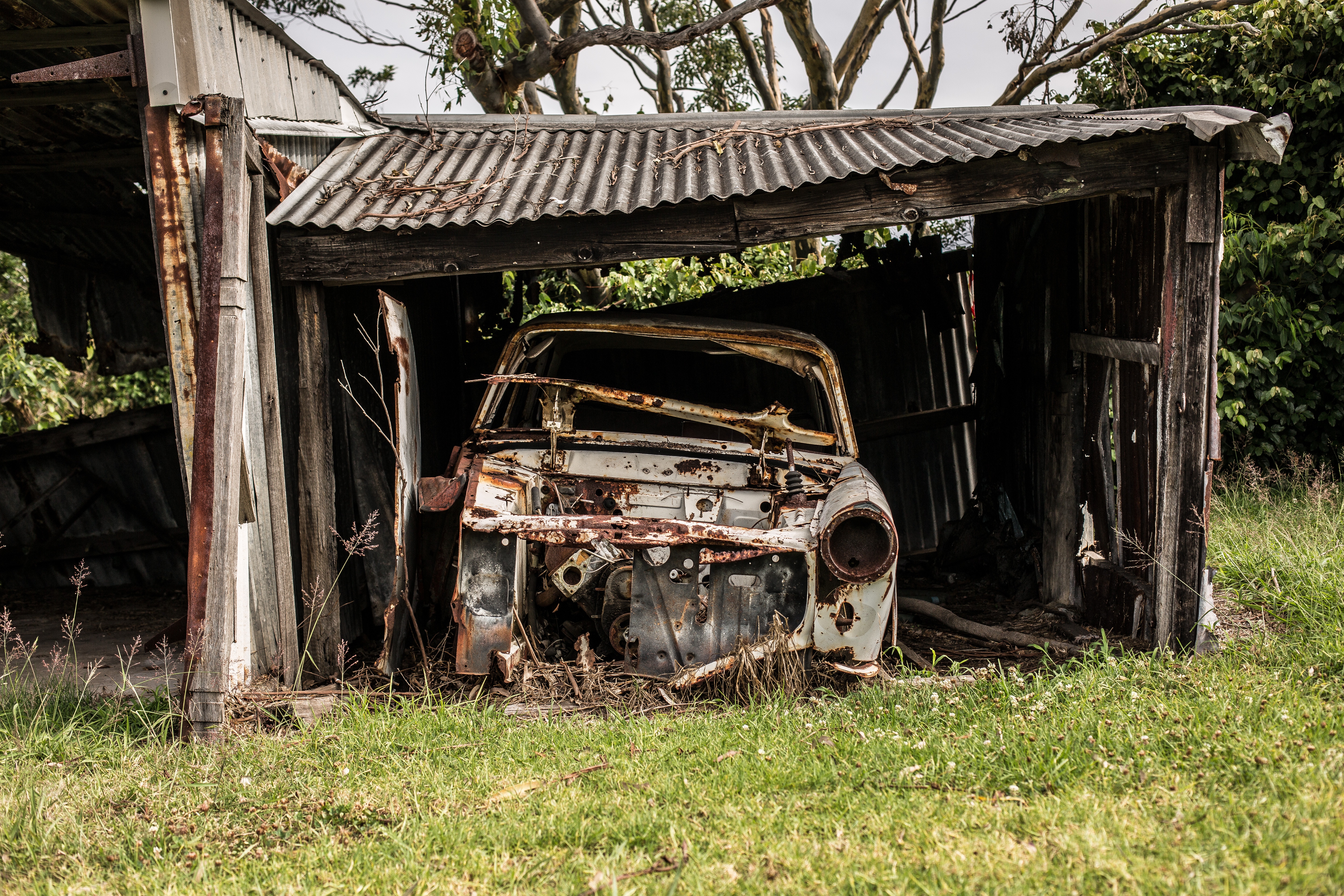Welcome to Rural Poverty Research Interest Group

Photo Credit: Photo by Christopher Windus on Unsplash
Mission Statement:
The Rural Poverty RIG welcomes, fosters, and promotes research from diverse theoretical perspectives and methodological approaches that contributes to a broad understanding of the dynamic intersecting factors that produce and perpetuate conditions of poverty for rural individuals, families, communities, and regions in both the United States and in other nations.
Member Publications:
Singlewide: Chasing the American Dream in a Rural Trailer Park
Sonya Salamon, Katherine MacTavish
In Singlewide, Sonya Salamon and Katherine MacTavish explore the role of the trailer park as a source of affordable housing. America’s trailer parks, most in rural places, shelter an estimated 12 million people, and the authors show how these parks serve as a private solution to a pressing public need. Singlewide considers the circumstances of families with school-age children in trailer parks serving whites in Illinois, Hispanics in New Mexico, and African Americans in North Carolina. By looking carefully at the daily lives of families who live side by side in rows of manufactured homes, Salamon and MacTavish draw conclusions about the importance of housing, community, and location in the families’ dreams of opportunities and success as signified by eventually owning land and a conventional home.
----------------------------------------------------------------------------
Rural Poverty in the United States
Edited by Ann R. Tickamyer, Jennifer Sherman, and Jennifer Warlick
America's rural areas have always held a disproportionate share of the nation's poorest populations. Rural Poverty in the United States examines why. What is it about the geography, demography, and history of rural communities that keeps them poor? In a comprehensive analysis that extends from the Civil War to the present, Rural Poverty in the United States looks at access to human and social capital; food security; healthcare and the environment; homelessness; gender roles and relations; racial inequalities; and immigration trends to isolate the underlying causes of persistent rural poverty.
Contributors to this volume incorporate approaches from multiple disciplines, including sociology, economics, demography, race and gender studies, public health, education, criminal justice, social welfare, and other social science fields. They take a hard look at current and past programs to alleviate rural poverty and use their failures to suggest alternatives that could improve the well-being of rural Americans for years to come. These essays work hard to define rural poverty's specific metrics and markers, a critical step for building better policy and practice. Considering gender, race, and immigration, the book appreciates the overlooked structural and institutional dimensions of ongoing rural poverty and its larger social consequences.
----------------------------------------------------------------------------
The Relational Experience of Poverty: Challenges for Family Planning and Autonomy in Rural Areas
Elizabeth Seale, SUNY Oneonta
This is a qualitative study of a family planning education program in New York State using in-depth interviews with 16 low-income participants. The study demonstrates how challenges faced by the rural poor in family planning and health autonomy are exacerbated by lack of social support and isolation. Service providers are therefore critical to clients’ achievement of health and family planning goals. Such services are needed not merely because of individual deficiencies, but also due to the relational nature of the effects of poverty. The concept of relational autonomy is used to explain the experiences of the rural poor in this study.
Paper Awards
The Rural Poverty RIG does not currently have a paper competition. If you have a paper, you may consider checking the RSS Awards and Competitions page.
Leadership:
Chair: Ryan Thomson, [email protected]
Chair-Elect: Kistina Brant, [email protected]
|


